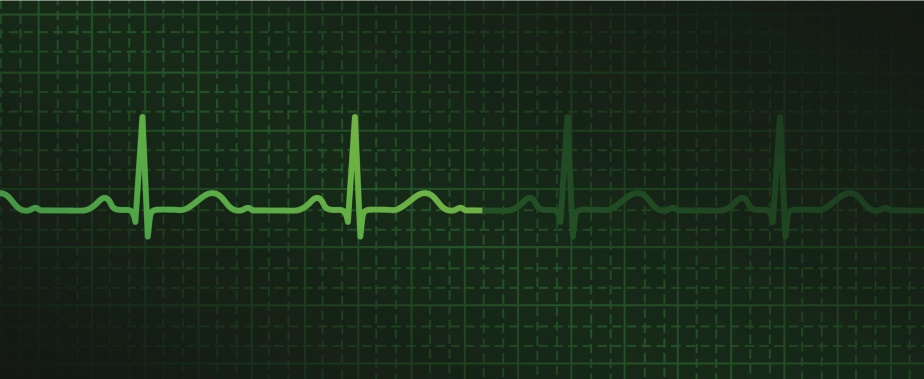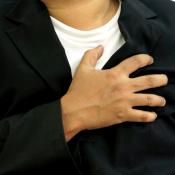 Most people want to live as long as possible, but researchers have found that your brain might, in the end, work against you. The study, published in the Proceedings of the National Academy of Sciences, suggests that brain signals may play a role in cardiac arrest near the time of death.
Most people want to live as long as possible, but researchers have found that your brain might, in the end, work against you. The study, published in the Proceedings of the National Academy of Sciences, suggests that brain signals may play a role in cardiac arrest near the time of death.
Changing brain activity with medication, though, may help reverse the process.
Does Your Brain Help Kill Your Heart?
You might think that the brain goes quiet at the moment of death, but the heart actually shows a burst of electrical activity. The study’s authors theorized that this might have something to do with the cardiac arrest that follows some injuries, such as asphyxiation. They tested their hypothesis with rats, with which humans share many physiological similarities. Researchers asphyxiated the rats while examining their brains and hearts. They found that the rats’ brains released more than a dozen neurochemicals around the time of brain death and cardiac arrest. They also found increased connectivity between the heart and brain.
This, the researchers believe, results from a cascade of events that ultimately lead to the death of the heart. The process begins as the heart rate slows. As the rats in the study lost consciousness, their brains showed highly organized activity. This may signal an attempt to revive the heart when asphyxiation begins to cause cardiac arrest. At the time of death, though, this brain activity may cause the heart to stop. When researchers used drugs to block brain signals to the heart, ventricular fibrillation—a heart rhythm disturbance that can lead to cardiac arrest—was decreased.
Every year, 400,000 Americans experience cardiac arrest, which may lead to death without immediate help. Strokes, hemorrhages, brain injuries, and epilepsy can lead to cardiac arrest similar to that associated with asphyxiation. If the researchers’ work is applicable to humans, it might be possible to save hundreds of thousands of lives.
Reference:
Near-death brain signaling accelerates demise of the heart. (2015, April 6). Retrieved from http://www.sciencedaily.com/releases/2015/04/150406152822.htm

The preceding article was solely written by the author named above. Any views and opinions expressed are not necessarily shared by GoodTherapy.org. Questions or concerns about the preceding article can be directed to the author or posted as a comment below.


 Does Sexism Cause Women to Delay Heart Attack Treatment?
Does Sexism Cause Women to Delay Heart Attack Treatment? Study Suggests a Happy Childhood Is Good for the Heart
Study Suggests a Happy Childhood Is Good for the Heart Could a Bad Marriage Literally Break Your Heart?
Could a Bad Marriage Literally Break Your Heart?

Please fill out all required fields to submit your message.
Invalid Email Address.
Please confirm that you are human.
Leave a Comment
By commenting you acknowledge acceptance of GoodTherapy.org's Terms and Conditions of Use.